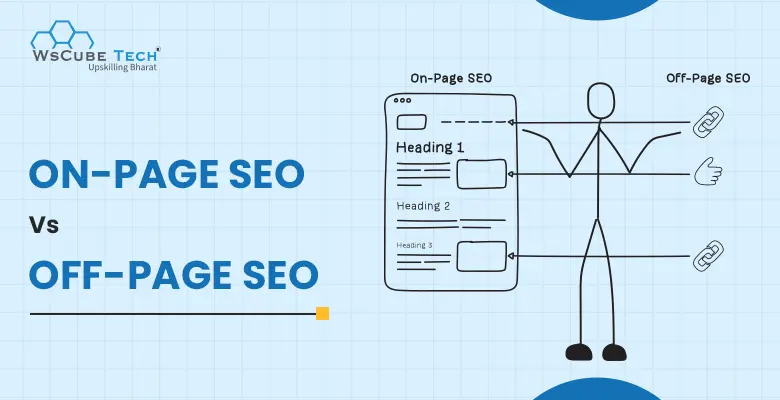“SEO is not about gaming the system, it’s about learning how to play by the rules.”
If you are new to Search Engine Optimization (SEO), understanding the difference between on-page and off-page SEO is crucial. Both are highly important aspects of any successful SEO strategy.
But what is on-page and off-page SEO? This is a common question for many. So, to help you understand both concepts in simple terms and in detail, we have created a comprehensive comparison between on-page SEO vs off-page SEO.

What is SEO?
SEO stands for Search Engine Optimization, and it is a crucial part of digital marketing.
It’s about making your website more visible when people search for products or services related to your business on search engines, such as Google or Microsoft Bing. The higher visibility your website’s pages have in search results, the highly likely you are to get the attention of your potential and existing customers to your business.
Think of it like this: when you search for something online, you are most likely to check the first few results that show up. SEO helps your website be one of those top results. This is important because it can bring more people to your site without paying for ads.
It’s like having a store in a busy market where more people are likely to walk in just because your store is easy to find.
SEO plays a key role in digital marketing. It helps businesses reach more people online. By using the right keywords that people use to search and by making sure your website is well-structured and loads quickly, SEO makes your site more attractive to search engines and people alike.
Since SEO is a highly in-demand skill, career aspirants and businesses today learn it with an expert-led online SEO course.
Now that you know the meaning of SEO, let’s move towards understanding what is on-page and off-page SEO.
Upskill Yourself With Live Training (Book Free Class)
What is On-Page SEO?
On-page SEO is all about making your website’s pages better for both search engines and people who visit your site. It’s like setting up your shop so it’s easy for customers to find what they need and for new people to discover it.
This part of SEO focuses on things you can control on your own website.
Think of your website as a book. On-page SEO is like making sure each page of the book is well-written, easy to read, and has a clear title. For your website, this means the content should be clear, interesting, and useful for your visitors. You want to use the right words that people are searching for, so they can find your website easily. These words are called keywords.
For example, if you have a shop selling handcrafted bags in Mumbai, you would want to use words like “handcrafted bags in Mumbai” on your site.
But it’s not just about words. On-page SEO also includes ensuring your website works well.
This means it loads quickly, looks good on mobile phones, and is easy to navigate. When people visit your website, you want them to find what they’re looking for without any trouble. If they enjoy using your site, they are more likely to stay longer, come back again, or recommend it to others.
Also, behind the scenes, there are things like ‘meta tags‘ – simple instructions that tell search engines what your site is about. These include the title of your page and a short description that shows up in search results. You want this to be clear and inviting so that when someone sees your site in their search results, they want to click on it.
Also read: How to Become SEO Freelancer? 2025 Guide for Beginners
Core Elements of On-Page SEO
On-page SEO includes several key elements, each playing a crucial role in how well your website performs in search engine results.
Let’s understand these elements of on-page SEO here:
1. Title Tags and Meta Descriptions
- Title Tags: These are the headlines you see on search engine results pages (SERP). They should accurately describe the content of your page and include keywords that people are likely to search for. Think of them like the title of a book – it should be appealing and relevant.
- Meta Descriptions: These are short summaries of your web pages that show up in search results, right under the meta title. While meta descriptions don’t directly impact your rankings, a well-written meta description can encourage people to click on your website. It should be concise, engaging, and also include relevant keywords.
2. Headings and Content Structure
Headings (like H1, H2, H3) are used to structure your content, much like chapters and sections in a book. They help readers and search engines understand what your page is about.
The H1 heading is usually the title of your page and should include the main keywords.
Subheadings (H2, H3, etc.) break your content into smaller, readable sections, which improves user experience.
3. Keyword Optimization
This involves using words or phrases in your content that people are likely to search for when looking for products or services like yours. It’s important to use these keywords naturally and in context. Overusing them, a practice known as ‘keyword stuffing’, can hurt your SEO.
4. URL Structure
A URL should be easy to read and understand. It’s good to include keywords in your URLs, but keep them short and simple.
For example, a URL like www.yourwebsite.com/handcrafted-bags-mumbai is clear and descriptive.
5. Image Optimization (Alt Tags)
Alt tags are brief descriptions of images on your website. They’re important because search engines can’t see images the way humans do. So these tags tell search engines what the image is about.
This is also essential for accessibility, helping people who use screen readers understand what the images are.
6. Internal Linking
This includes linking to other pages on your website within your content. It helps search engines understand the structure of your site and find all your pages. It also keeps visitors on your site longer, as they can easily navigate to other relevant pages.
7. Mobile-Friendliness and Site Speed
With more people using mobile devices to access the internet, having a mobile-friendly website is crucial. It should look good and be easy to use on small screens.
Site speed matters because if your site loads slowly, visitors might leave before they even see your content. Fast-loading sites provide a better user experience and are favored by search engines.
What is Off-page SEO?

Off-page SEO refers to all the actions you take outside of your own website to impact your rankings within search engine results pages. Unlike on-page SEO, which involves making changes and optimizations on your website, off-page SEO is about what happens away from your site and how it affects your online reputation and authority.
Think of off-page SEO as building your website’s reputation in the online community.
Just like in real life, where a person’s reputation can be built through recommendations from others, in the online world, your website gains reputation and trust through external sources.
The most common and significant aspect of off-page SEO is building backlinks. Backlinks are links from other websites that lead back to your website. They are like votes of confidence from one site to another. The more quality backlinks you have, the more search engines consider your website to be valuable and trustworthy, which can improve your rankings.
But it’s not just about the quantity of these backlinks; the quality matters a lot. Links from reputable and relevant websites are much more effective than those from less known or unrelated sites.
It’s like getting a recommendation from a well-respected person in your field compared to one from someone unknown.
Apart from backlinks, off-page SEO also includes activities like social media marketing and guest blogging. Being active on social media doesn’t directly boost your search engine rankings, but it helps to spread the word about your website and can lead to more people visiting your site.
Guest blogging, on the other hand, allows you to reach a wider audience by posting content on other relevant blogs, which can also include backlinks to your site.

Core Elements of Off-Page SEO
The following are the key elements that form the core of off-page SEO strategies:
1. Backlinks
Backlinks are links from other websites that point to your website. These are crucial because search engines, like Google, view these links as endorsements of your website’s quality and relevance. Websites with a higher number of quality backlinks generally rank higher in search results.
To acquire quality backlinks, focus on creating valuable and shareable content. You can also reach out to other website owners for guest posting opportunities, engage in forums or community discussions related to your field, and use social media to increase the visibility of your content.
Remember, it’s about the quality of backlinks rather than just the quantity.
2. Social Media Marketing
While social media signals don’t directly impact search engine rankings, a strong social media presence can indirectly influence your off-page SEO. By actively engaging on social media platforms and sharing your content, you can increase your brand’s visibility and reach.
This can lead to more traffic to your website as your content is shared across various platforms.
3. Guest Blogging
Writing articles for other relevant blogs in your industry is a great way to reach a wider audience. It allows you to include backlinks to your website, which can drive traffic and improve your site’s authority.
4. Influencer Outreach
Collaborating with influencers in your niche helps amplify your content’s reach. Influencers can provide valuable backlinks and social media mentions, expanding your online presence and credibility.
5. Brand Mentions
Brand mentions, even without a direct link to your site, can positively impact your off-page SEO. Search engines recognize these mentions as signals of your brand’s legitimacy and popularity. Engaging with your audience, PR campaigns, and getting featured in news articles or industry publications are ways to increase brand mentions.
6. Local SEO
For businesses serving local communities, local SEO is an important component of off-page SEO. This includes listing your business in local directories, optimizing your Google My Business profile, and acquiring reviews from local customers.
It’s about making your business more visible in local search results, which can significantly impact foot traffic and local customer engagement.
Interview Questions for You to Prepare for Jobs
| Digital Marketing Interview Questions | SEO Interview Questions |
| Email Marketing Interview Questions | Content Writing Interview Questions |
Difference Between On-Page SEO and Off-Page SEO
We have created a tabular comparison of on-page vs off-page SEO to understand the differences between the two in an easy way:
| Factor | On-Page SEO | Off-Page SEO |
| Definition | Refers to optimizations you can make on your own website. | Involves actions taken outside of your website to impact your ranking. |
| Focus | Enhancing individual web pages for better content and technical performance. | Building your site’s reputation and authority through external means. |
| Key Elements | Title tags, meta descriptions, content quality, keyword optimization, URL structure, image optimization, internal linking. | Backlinks, social media marketing, guest blogging, influencer outreach, brand mentions. |
| Control | Direct control over changes and improvements. | Limited control, relies more on external sources and networking. |
| Techniques | Optimizing HTML code, structuring content, ensuring site speed and mobile-friendliness. | Building relationships for backlinks, social media engagement, content marketing. |
| Measurement | Can be measured by changes in the site’s performance, user experience, and keyword rankings. | Evaluated through the number and quality of backlinks, brand mentions, etc. |
| Goal | To make the website more appealing and understandable to search engines and users. | To increase the site’s visibility and credibility through external validation. |
| Tools Used | Google Search Console, Google Analytics, Yoast SEO, Google PageSpeed Insights. | Ahrefs, BuzzSumo, SEMrush. |
| Impact | Direct impact on the website’s usability, relevance, and technical optimization. | Indirect impact on the website’s authority, trust, and overall online presence. |
Similarities Between Off-Page SEO and On-Page SEO
While On-Page and Off-Page SEO have different characteristics, they also share several similarities that are important in an overall SEO strategy:
1. Goal of Improving Website Ranking
Both on-page and off-page SEO share the common goal of improving a website’s ranking in search engine results pages (SERPs). This is central to increasing visibility and driving more organic traffic to the site.
2. Focus on Keywords
Keywords play a significant role in both strategies. On-page SEO includes optimizing individual pages with relevant keywords, while off-page SEO uses keywords in content creation and link-building activities, like in anchor texts of backlinks.
3. Content Relevance and Quality
Quality content is crucial for both on-page SEO and off-page SEO.
On-page SEO demands high-quality, relevant content on your website, while off-page SEO revolves around creating or promoting quality content externally (like guest posts) to earn backlinks.
4. User Experience
Both off-page and on-page SEO strategies ultimately aim to enhance the user experience.
On-page SEO improves user experience directly through website optimization. Whereas off-page SEO does it indirectly by increasing the website’s credibility and authority, thereby attracting a more engaged audience.
5. Long-Term Process
SEO, whether on-page or off-page, is not a one-time task but a continuous process.
Both require ongoing efforts and adjustments based on changing search engine algorithms and market trends.
6. Compliance with Search Engine Guidelines
Both types of SEO need to adhere to the guidelines set by search engines like Google. This includes avoiding practices like keyword stuffing or buying links, which can lead to penalties.
7. Use of Tools and Analytics
Various tools are used in both on-page and off-page SEO for analytics, keyword research, monitoring backlinks, and tracking performance. Tools like Google Analytics, Ahrefs, and SEMrush are common in both strategies.
By now, I hope you have a great understanding of all the differences between on-page SEO and off-page SEO. Next, we will discuss some best practices and tools that you can use for both types of search engine optimization.
Also read: SEO Career Path 2025: Job Profiles, Growth, Opportunities
Best Practices for On-Page SEO
For effective On-Page SEO, it’s important to follow best practices that not only appeal to search engines but also provide a great user experience:
1. Optimize Title Tags
- Ensure each page has a unique and descriptive title tag.
- Include primary keywords towards the beginning of the title.
- Keep the title within 580px to ensure it displays well on search engine results pages. You can use a tool like Higher Visibility to measure the length of the title and description in pixels.
2. Write Compelling Meta Descriptions
- Craft a brief and engaging summary for each page.
- Include relevant keywords naturally.
- Keep it under 990px to avoid truncation in search results.
3. Use Headings Effectively
- Structure content with headings (H1, H2, H3, etc.) to make it easier to read and navigate.
- Include keywords in headings, especially in the H1 tag, which is the main heading.
4. Keyword Optimization
- Research and use relevant keywords that your target audience is searching for.
- Avoid keyword stuffing; instead, use keywords contextually within the content.
- Consider long-tail keywords, which are less competitive and more specific.
5. Improve URL Structure
- Create URLs that are easy to read and include keywords.
- Use hyphens to separate words in URLs.
- Keep URLs concise and avoid unnecessary parameters.
6. Optimize Images
- Use descriptive file names for your images.
- Compress images to reduce file size without losing quality, to improve page load times.
- Always add alt text to images, using relevant keywords where appropriate.
7. Internal Linking
- Link to other pages on your website where relevant. This helps distribute page authority throughout your site and keeps users engaged longer.
- Use descriptive anchor text that gives an idea of what the linked page is about.
8. Ensure Mobile-Friendliness
- Use a responsive design that adapts to different screen sizes.
- Regularly test your website on various devices to ensure it’s user-friendly.
9. Focus on Content Quality
- Provide valuable, informative, and original content.
- Ensure content is well-written and free of spelling and grammatical errors.
- Update content regularly to keep it relevant and fresh.
- If you aspire to be a content writing, then consider the live online content writing course by WsCube Tech.
10. Improve Page Load Speed
- Use tools like Google PageSpeed Insights and GTMetrix to check your site’s speed.
- Optimize code and compress images using free tools like TinyPNG to reduce load times.
- Consider using a content delivery network (CDN) to speed up loading for users in different geographic locations.
11. Use Schema Markup
Implement schema markup to help search engines understand your content better. This can also lead to rich snippets in search results, which can improve click-through rates.
12. Monitor and Adapt
- Regularly check your website’s performance in search engines.
- Use tools like Google Analytics and Google Search Console to track traffic and identify areas for improvement.
Also read: What is Mobile SEO? Importance, Audit, Strategy, Best Practices, Full Guide
On-Page SEO Tools
Various SEO tools help in aspects like keyword research, content optimization, speed testing, and more:
1. Google Analytics

Essential for understanding your website traffic and user behavior. It helps in identifying which content is performing well and where there’s room for improvement.
2. Google Search Console
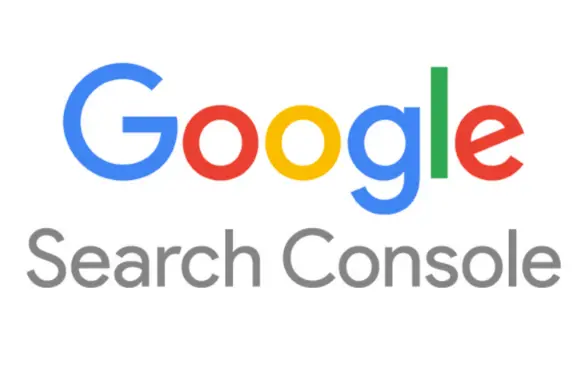
Offers insights into how your site appears in search results, highlights issues that affect your site’s performance in Google, and provides data on search queries leading to your site.
3. SEMrush
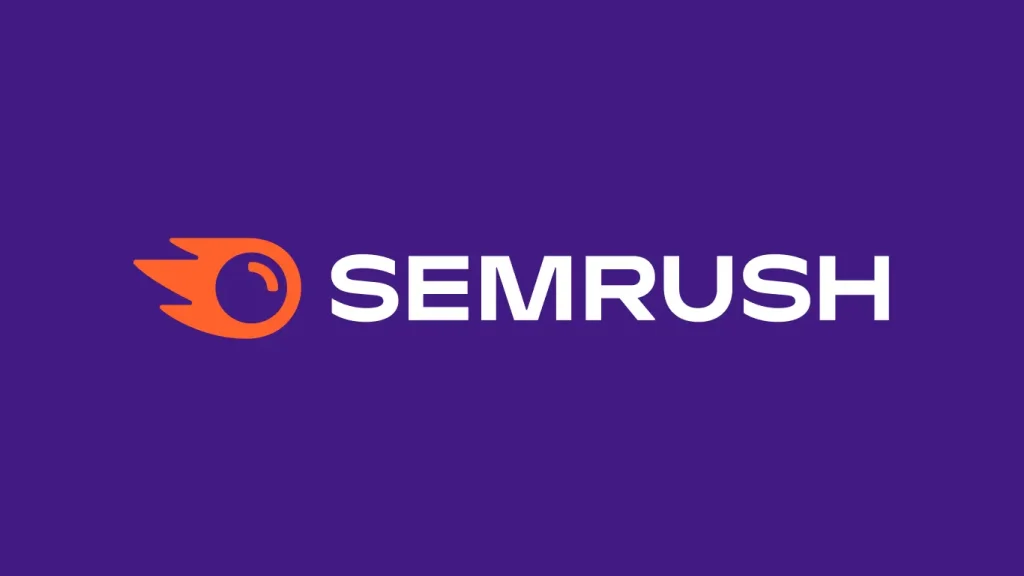
Provides a suite of tools for SEO, including site audits, keyword research, and competitor analysis. It’s great for both on-page and off-page SEO analysis.
4. Ahrefs
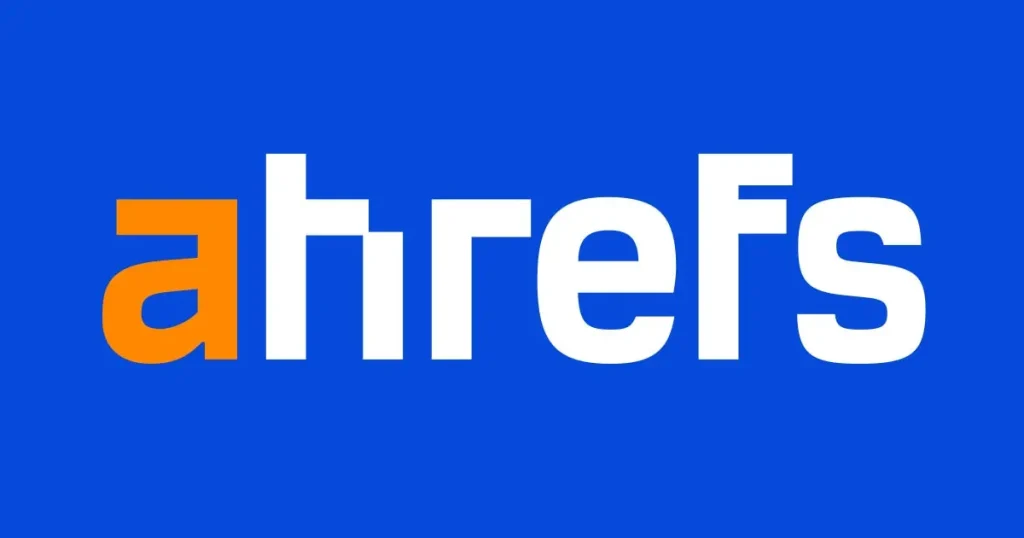
Known for its powerful backlink analysis tools, Ahrefs also offers features for on-page SEO, such as site auditing and keyword research tools.
5. Yoast SEO

A popular WordPress plugin that helps you optimize your content. It provides guidance on readability, keyword density, title and meta description optimization, and more.
6. Screaming Frog SEO Spider
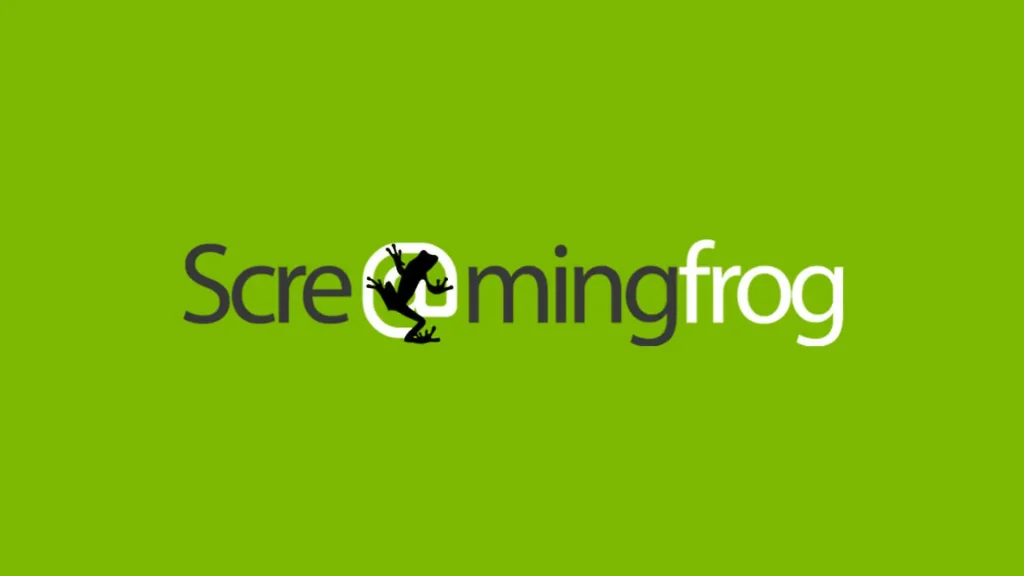
A desktop program that crawls your website’s URLs. It’s useful for identifying issues like broken links, improper redirects, and problems with meta tags.
7. Google’s PageSpeed Insights
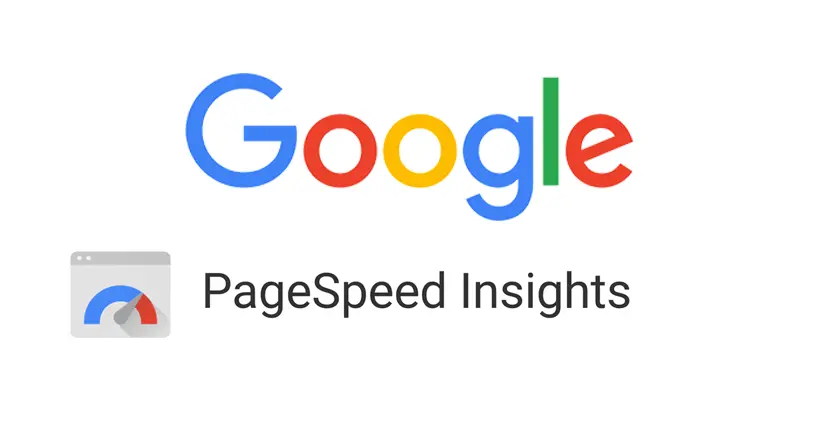
Provides performance analysis of your website and offers suggestions to improve page load speeds, which is a key factor in On-Page SEO.
8. GTmetrix

Another tool for analyzing the loading speed of your web pages. It gives insights into factors that slow down your site and offers actionable recommendations.
9. Ubersuggest
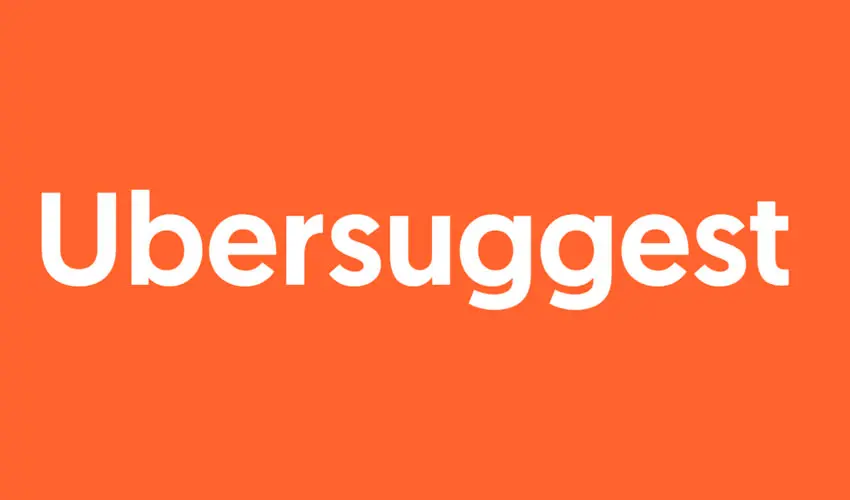
A tool by Neil Patel, offering keyword suggestion, content ideas, and insights into the strategies used by competitors. Cost-effective option for overall SEO.
Also read: SEO vs SEM Difference in Digital Marketing: Explained in Simple Terms
Off-page SEO Tools
Off-Page SEO analysis requires tools that can help you track backlinks, monitor your brand’s online reputation, analyze your competitor’s strategies, and more. The following are some effective tools and resources:
1. Ahrefs
Ahrefs is a comprehensive SEO tool that’s particularly strong in backlink analysis. It allows you to see who is linking to your site, the quality of these links, and how you stack up against your competition. Ahrefs also helps in finding link opportunities and tracking your site’s overall backlink profile.
2. Moz Pro’s Link Explorer
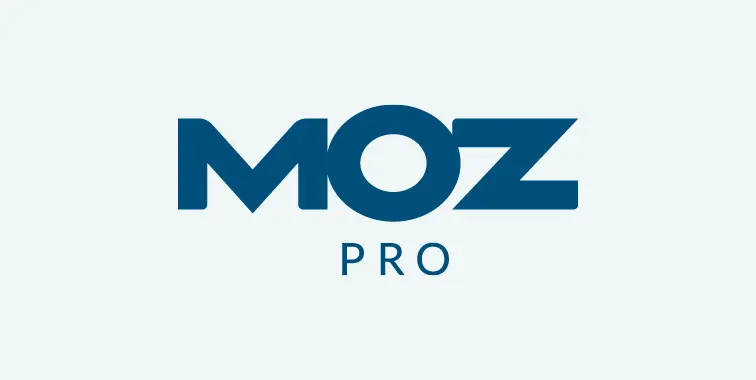
This tool offers detailed information about your backlinks, including the domain authority of linking sites. Moz’s Link Explorer can help you identify and remove potentially harmful backlinks and find new link-building opportunities.
3. SEMrush
SEMrush provides a variety of features for off-page SEO, including backlink tracking and analysis. It also offers insights into your competitors’ strategies, helping you understand their link-building tactics and find new opportunities.
4. Majestic SEO
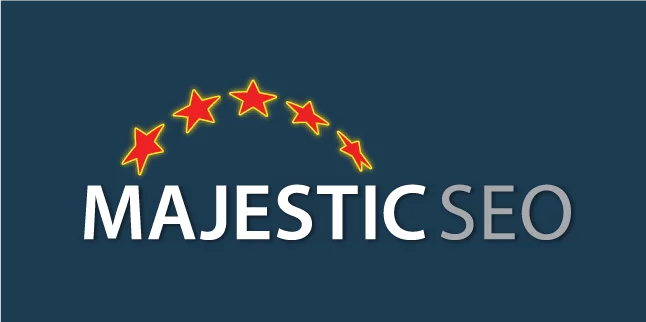
Majestic specializes in backlink analysis. It offers a detailed view of your link profile, including metrics like Citation Flow and Trust Flow, which give you an idea of link quality and trustworthiness.
5. BuzzSumo

BuzzSumo is great for content analysis and finding influencers in your niche. It can help you identify popular content in your industry and the key influencers sharing that content, providing opportunities for outreach and link-building.
6. Google Alerts
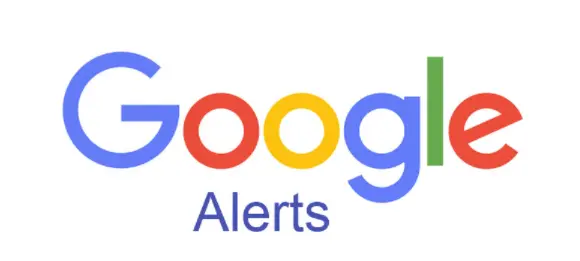
Set up Google Alerts for your brand or specific keywords to monitor mentions across the web. This tool is useful for tracking your online reputation and finding unlinked mentions that you can potentially convert into backlinks.
7. HARO (Help a Reporter Out)
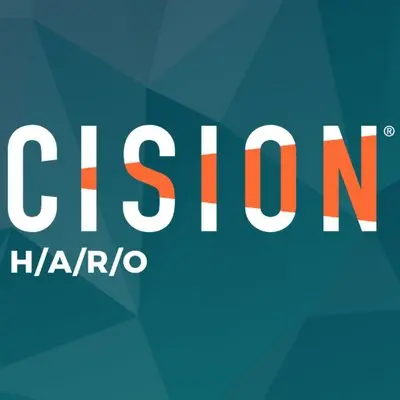
HARO connects journalists and bloggers with expert sources. By responding to relevant queries, you can get valuable media mentions and backlinks.
8. Google My Business
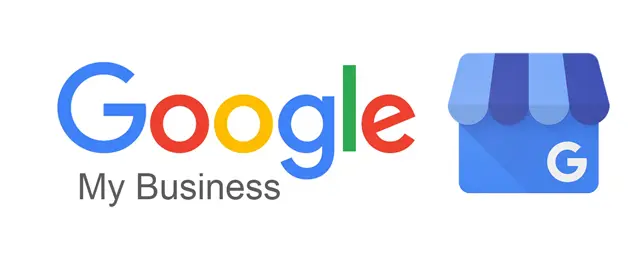
For local businesses, Google My Business is essential. It allows you to manage your online presence across Google, including search and maps. Maintaining an up-to-date profile can help improve your local SEO.
9. Ubersuggest
Ubersuggest, developed by Neil Patel, offers a suite of SEO tools including backlink analysis. It’s user-friendly and suitable for beginners.
10. Social Mention
A social media search and analysis platform that aggregates user-generated content from across the universe into a single stream of information. It can monitor and measure what people are saying about your brand.
On-Page SEO vs Off-Page SEO: Video
FAQs About On Page SEO vs Off Page SEO
On-Page SEO involves optimizing elements on your own website, like content, HTML source code, and website architecture, to improve rankings. Off-Page SEO focuses on external factors like backlinks, social media marketing, and other promotional activities outside your website to enhance your site’s authority and ranking.
On-Page SEO lays the foundation for a good user experience and makes content understandable to search engines. Off-Page SEO builds the site’s reputation and authority, enhancing the effectiveness of On-Page SEO. Together, they work synergistically to improve a site’s visibility and ranking.
Keywords are important in both. In On-Page SEO, they help ensure that your content is relevant to what users are searching for. In Off-Page SEO, they’re important in creating backlinks with relevant anchor texts and in content marketing strategies.
While backlinks are a major component of Off-Page SEO, it’s not the only aspect. Off-Page SEO also includes strategies like social media marketing, influencer outreach, guest blogging, and brand mentions which all contribute to a website’s authority and online presence.
SEO is a long-term strategy. Results depend on the competitiveness of your industry, the quality of your SEO efforts, and ongoing search engine algorithm updates.
Yes, poor On-Page SEO can negatively impact the effectiveness of your Off-Page SEO. If your site doesn’t provide a good user experience or valuable content, it will be difficult to gain quality backlinks, and any external efforts may not translate into improved rankings.
To improve On-Page SEO, focus on creating high-quality, relevant content, ensure your site is mobile-friendly, optimize your titles and meta descriptions, use headings (H1, H2, etc.) effectively, optimize images, and improve page load speed. Additionally, ensure your site is easy to navigate and use internal linking wisely.
You can measure the success of your On-Page SEO by monitoring organic traffic, bounce rate, and rankings in search engines. For Off-Page SEO, track the number and quality of backlinks, your brand’s mentions across the web, and engagement metrics on social media.
In On-Page SEO, content is crucial for engaging users and keeping them on your website. In Off-Page SEO, content is important for earning backlinks and shares, as other websites are more likely to link to informative and engaging content.
While Off-Page SEO can boost your site’s authority and ranking, it’s challenging to compensate fully for weak On-Page SEO. Both need to work in tandem for the best results, as On-Page SEO ensures your website is optimized for both users and search engines.
Wrapping Up:
Understanding the on-page and off-page SEO difference is important for anyone looking to improve their website’s ranking and visibility. Both aspects of SEO play unique and complementary roles in your overall digital marketing strategy.
For those eager to master the skills of SEO, from basic to advanced levels, book a live demo class of the online SEO course by WsCube Tech. This training is an excellent opportunity to enhance your SEO skills and apply them effectively to your projects.
Read more blogs



